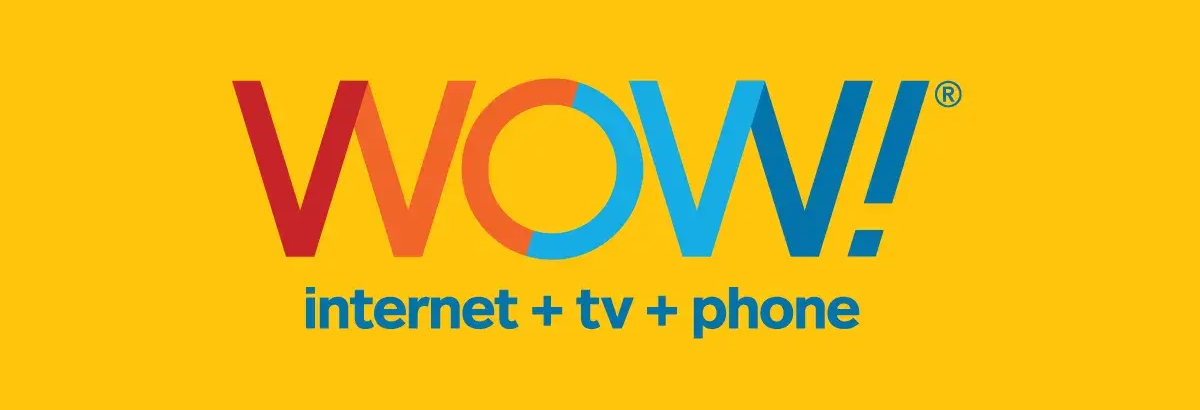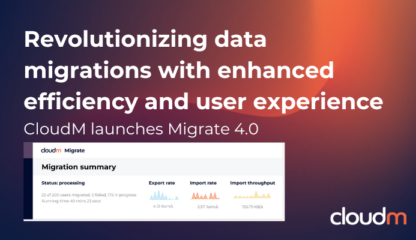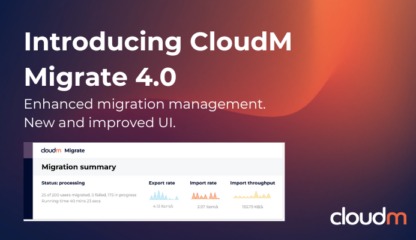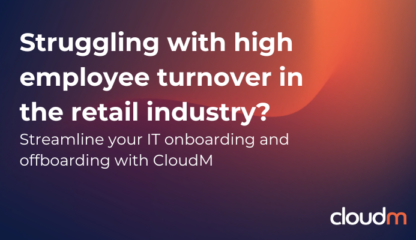The Problem
For business continuity and support for remote employees, they didn’t feel Microsoft 365 was meeting their needs for real-time collaboration and wanted to make sure all employees were using the same productivity suits across the organization. They needed a solution which provided collaboration and productivity tools as well as the security and admin controls to support the new working environment.
Speaking to Charles New, Engineer, he explained how he was noticing lots of red flags when it came to managing their employee data. here was a particular focus on their clunky and very manual offboarding process which had become repetitive and time-consuming. With their company core value of Accountability as a main driver, he knew it was important to find a better solution. Upon evaluation, WOWinc selected Google Workspace as their solution of choice.
“We manage over 4500 users. Some are full-time employees, but some are temporary, contractors or partners, and they all needed the same access, but with the high turnover of temporary employees as well as in the customer service function, it was time-consuming, and because it was so manual, not always reliable.”
And that’s when WOWinc looked to their cloud technology partner, SADA, a Google Cloud Premier Partner and MSP.
“We work closely with SADA, and always trust their judgment. That’s generally what we do, we go to SADA and get their advice. We can’t be the only company who has similar challenges so we always ask them what they recommend, and that is when we were introduced to CloudM.” stated Charles.
The Solution
With a key focus on collaboration and automation, Charles partnered with SADA to migrate their users and data to Google Workspace, and then fully automate their offboarding process within the platform.
“With help from the SADA team to consult and setup the project, and the CloudM migration tool, we were able to migrate most of the data ourselves.”
But, there are obviously some challenges when working on a project like this, especially when migrating such a large amount of data. They were using a range of different applications to manage historical emails, so there were some hiccups there, but Charles explained that CloudM was able to iron those out;
“CloudM was a lifesaver – being able to successfully migrate our emails made the process so much easier when moving over to Google. It really was key in the migration process. CloudM was perfect.”
The Results
So what’s improved since the switch? Firstly, offboarding is now all automated;
“Being able to automate these processes saves me days and days of work. CloudM Manage was phenomenal. It really helped us control license costs too. If a user left, we didn’t want to have to keep buying new licenses, as it would get very expensive, especially with an average of 120 being offboarded every month.”
They also embraced the CloudM email signature management feature, hoping for better brand consistency, whilst also empowering the sales and legal teams to manage their own messaging through Organisational Units.
“We originally just had set signatures in Gmail, but now the business wants these more standardized. We have confirmed how we want these to look and have tested these within the platform. So far so good, it’s been relatively easy to standardize these.”
So with a successful migration ticked off, and automated offboarding now implemented (as well as the additional benefit of consistent company email signatures), the added bonus came when the Covid-19 pandemic hit and all of the staff had to switch to remote working.




